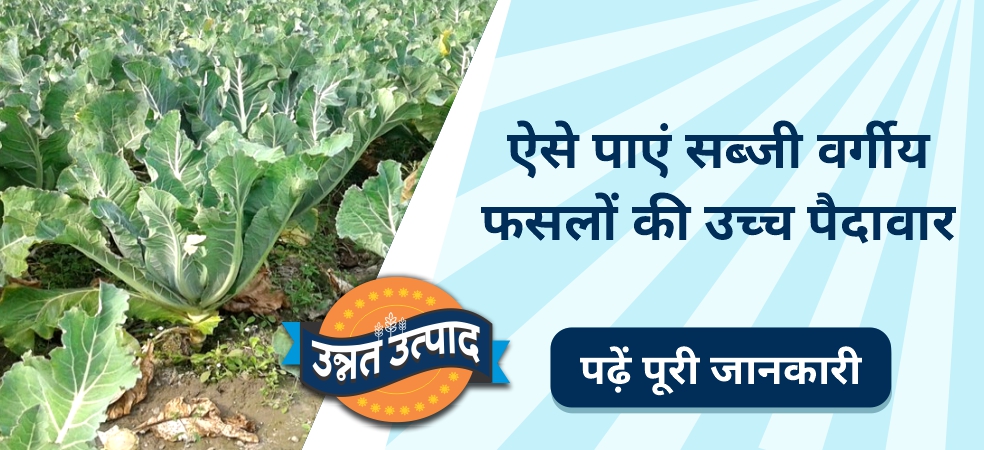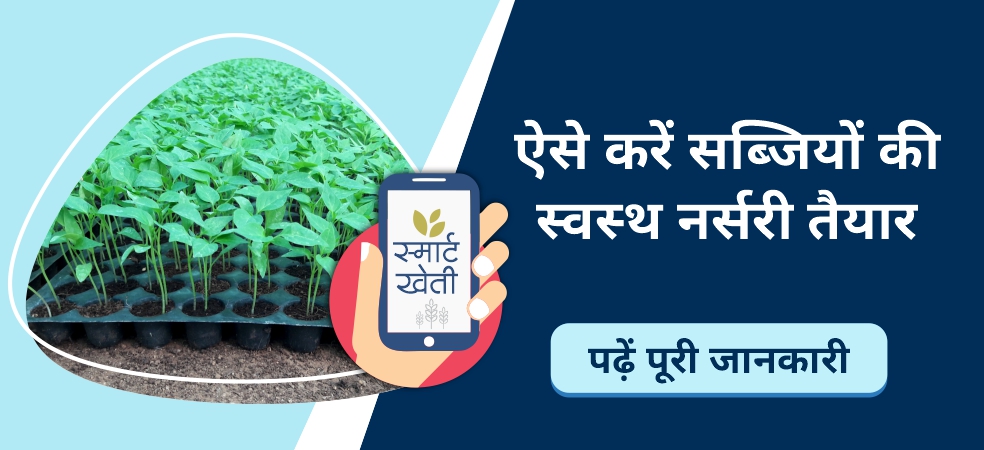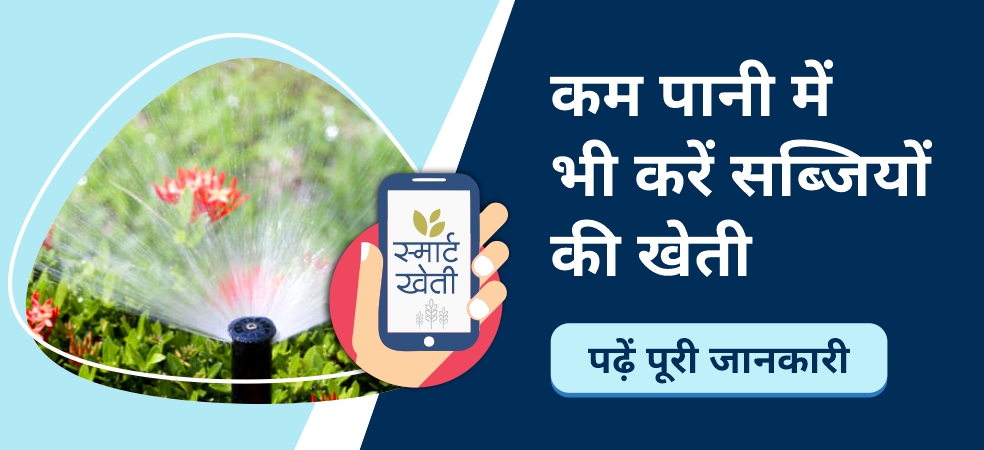Due to the continuous use of main nutrients in the soil, the deficiency of micronutrients is increasing day by day. Farmers use most of the main nutrients in the crops and almost negligible use of micronutrients like copper, zinc, iron, molybdenum, boron, manganese etc. because of this, over the years, the symptoms of micronutrient deficiency in the soil are visible on the plants. When there is a deficiency of micronutrients in the plants, its symptoms are visible directly in the plants. The deficiency of these nutrients in the crop can be done by replenishing these elements.
-
Molybdenum function – After the absorption of nitrate in plants, molybdenum works to break down nitrate, due to which nitrate goes to different parts of the plant, due to which there is no lack of nitrogen in the plant, and the growth of the plant is good. Molybdenum helps in fixation of atmospheric nitrogen by root nodule bacteria. Its deficiency causes whiptail disease in cauliflower.
-
Iron – Iron helps in the formation of chlorophyll. Essential for respiration and photosynthesis in plants, its deficiency causes chlorosis in plants.
-
Zinc – Zinc stimulates enzyme activity in plants, helps in making hormones, increases immunity, and helps in the utilization of nitrogen and phosphorus.
-
Copper – Copper acts as an electron transfer agent in the enzyme. These enzymes are involved in the oxidation and reduction process in plants. Plants grow and reproduce by this process.
-
Boron – Pollination in flowers, formation of pollen tubes, making fruits and grains, metabolizing plant hormones and transporting them to all parts of the plant is the function of the boron element.
-
Manganese – Manganese Helps in the formation of chlorophyll. It acts as a catalyst in various activities. Due to the deficiency of manganese in plants, small brown spots are formed on the leaves. If deficiency symptoms are observed, spray micro-nutrients, Mixol (Iron, Manganese, Zinc, Copper, Boron, Molybdenum) @ 250 gm/acre.
ShareFor more such important information related to the agriculture sector, keep reading the articles of Gramophone daily. If you liked today’s information, then do not forget to like and share




